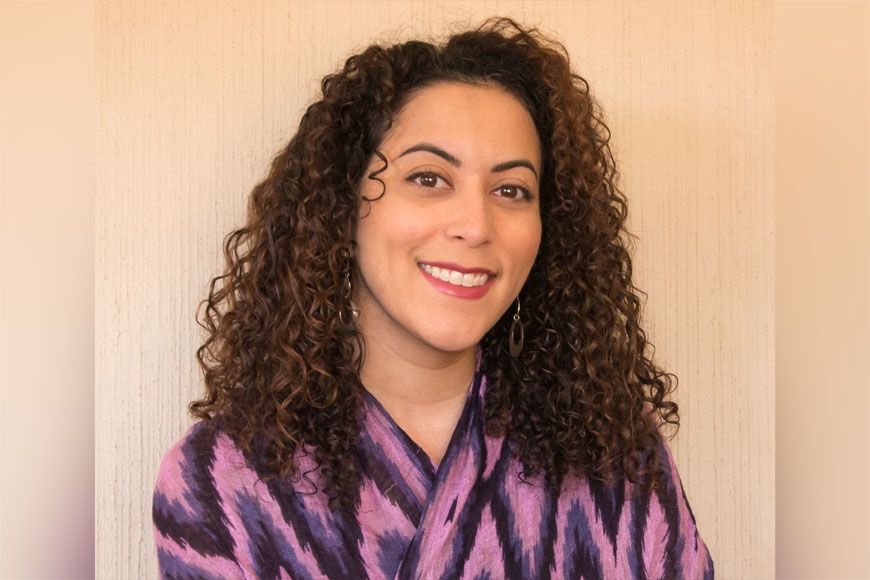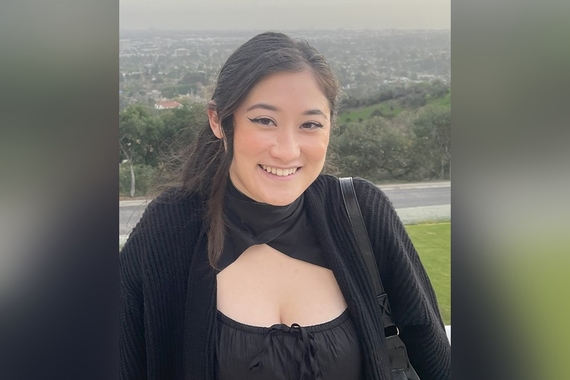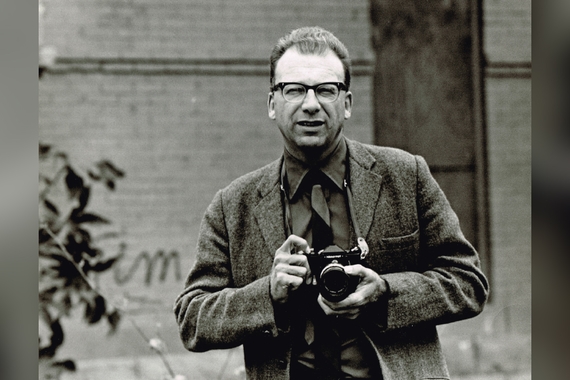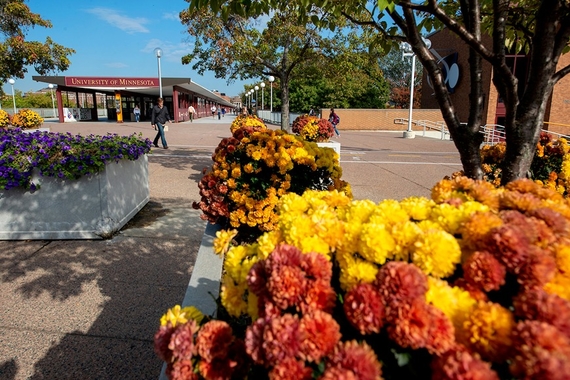Maria Nieves Colón Joins Our Faculty
Assistant Professor Maria Nieves Colón joins the faculty of the Department of Anthropology this spring. While Bayamón, Puerto Rico is her hometown, she was previously affiliated with the School of Human Evolution and Social Change at Arizona State University.
She is an anthropological geneticist who uses both ancient DNA and modern genomics tools to examine the history and evolution of Caribbean and Latin American populations.
How did you become interested in your research field?
As an undergraduate student in my native Puerto Rico, I was interested in studying Caribbean history and archaeology. I wanted to learn more about where the first island peoples came from and what happened to them after European contact. Although many people had researched this topic using archaeology and historical documents, at the time no one had attempted to use ancient DNA to investigate this question in Puerto Rico.
This is how I became interested in using genomics to research the history of the Caribbean. I was fascinated by the potential of combining genomics, anthropology, and history to trace ancient migrations and understand the impact of ancient peoples on the culture and biology of present-day populations.
What are some deeper questions that your research is trying to answer?
My research uses genetics as part of an integrative toolkit that also considers evidence from archaeology, cultural anthropology, and related fields to investigate human population history and its present-day implications. Specifically, I reconstruct the impact of transformative processes, such as migration and colonization, on the genetic variation, health, and culture of historically understudied populations in the Caribbean and Latin America. For example, my dissertation work traced pre-contact migrations to the island of Puerto Rico and examined the relationship between ancient Indigenous communities and present-day islanders.
This work critically reassessed archaeological models for the peopling of the Caribbean and demonstrated some genetic continuity between ancient and contemporary populations. This was significant because it challenged prevailing colonial narratives describing the complete extinction of Puerto Rico’s Indigenous communities and therefore reignited debate on the role of Indigenous heritage in present-day Puerto Rican culture.
What brought you to the University of Minnesota?
I am very excited about joining the vibrant intellectual community of the University of Minnesota and the Department of Anthropology in particular. My colleagues in the department examine what it means to be human using a variety of approaches such as studying archaeological artifacts, observing living primates, investigating cross-cultural expressions of art and language, and even examining structures of power across different societies. Having such amazing intellectual diversity among the faculty creates a dynamic and exciting environment for research and teaching.
I was also attracted to the University's mission to conduct groundbreaking research, provide a world-class education for our students, and engage in public and community service. All of these are essential parts of our mission as educators and researchers in the current moment.
What are you most excited about right now?
Currently, I am involved in several research projects that I am excited about. One study I am leading, in collaboration with colleagues from Vanderbilt University and the National Laboratory of Genomics for Biodiversity in Mexico (LANGEBIO), integrates genomic datasets and historical sources to investigate ancestry among self-identified Afro-Caribbeans in the Lesser Antilles. This work enriches explorations of the African diasporic experience while characterizing the bio-cultural variation of historically marginalized Caribbean communities.
What course(s) are you currently teaching?
In spring 2021 I will be teaching two courses. The first course ANTH 3980/5980 History of Health and Disease will examine the global human experience with health and disease through a historical perspective, from the early days of our species to the present. This course will be particularly relevant now, as we are in the midst of a global pandemic, because it will provide students with a global and historical perspective on pandemic disease.
The second course I will be teaching is ANTH 2001V Being Human. In this course, we will explore the many ways that anthropology investigates the relationship between human bodies and human culture. The overall question this course poses for students is: How are human beings alike and how are they different in all times and places, and why?
Do you have any community-engaged projects going on? Who are you partnering with and what is the project/course about?
I am currently exploring ways to return the results of our ongoing project to Afro-Caribbean communities in the coming year. I hope that we will be able to obtain and incorporate community input on our work before we publish our findings.
What are your plans for the near future?
My future efforts will continue to integrate genomics and anthropological perspectives to study ancient and historic migration and admixture. I am planning to expand my research in Caribbean paleogenomics to investigate the relationship between ancient and present-day populations from other Antilles beyond Puerto Rico.
In future projects, I also plan to investigate how genetic data, its interpretations and media portrayals, influence notions of identity in admixed Caribbean populations. This research will build upon my ongoing science outreach efforts in Puerto Rico, Mexico, and the USA. These projects, together with my growing network of collaborators across the USA and Latin America, will allow me to provide research and training opportunities for undergraduate and graduate students at the University of Minnesota. As a member of an underrepresented group myself, I am keenly interested in leveraging these opportunities to help students from traditionally underrepresented backgrounds pursue diverse academic and career goals.



